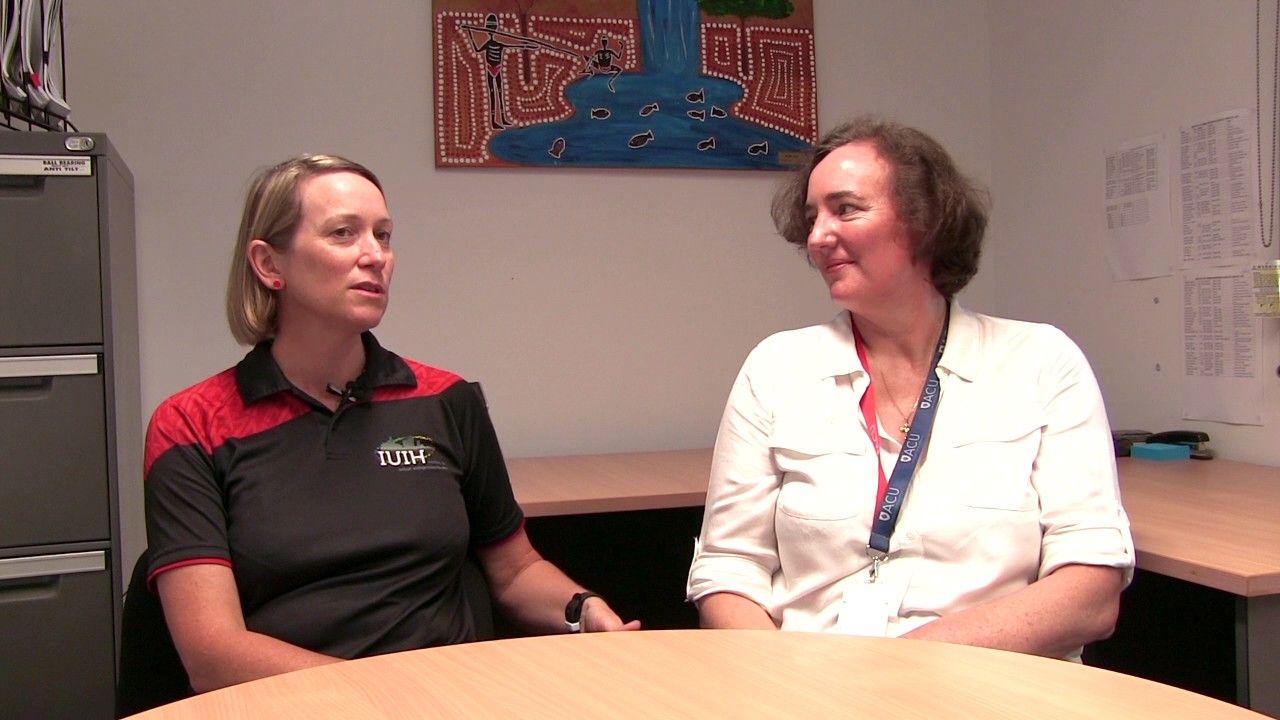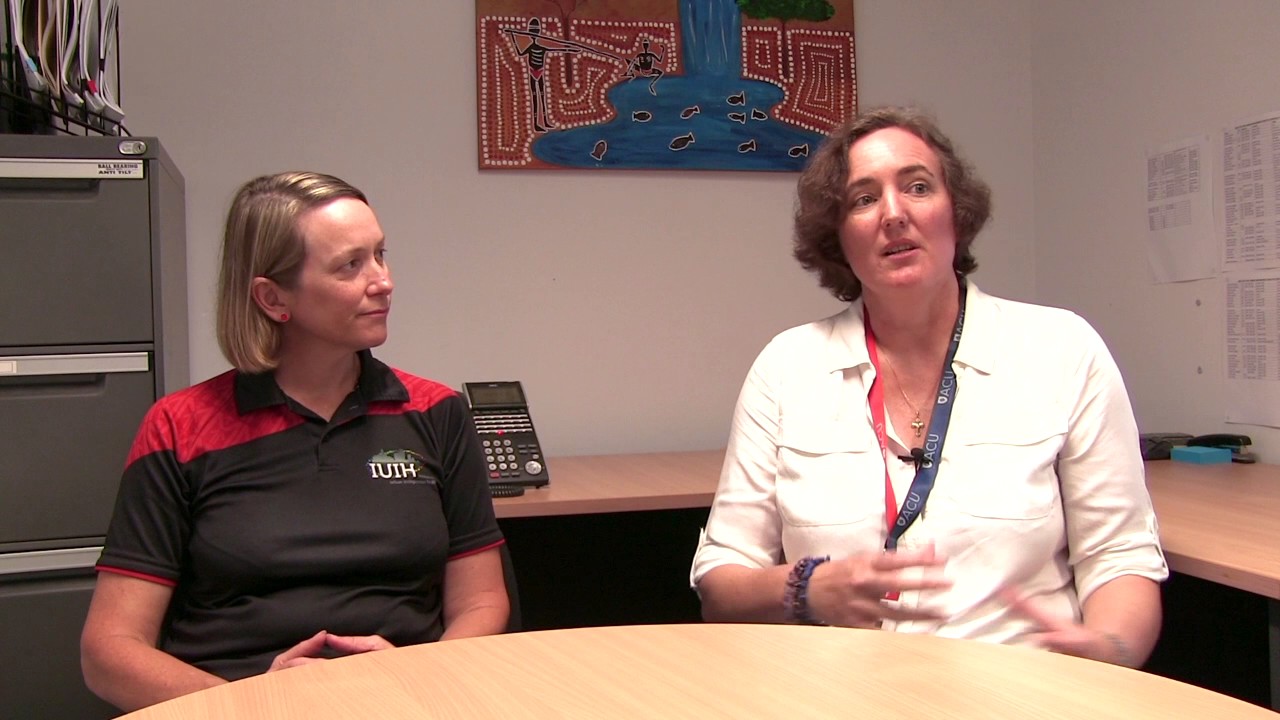Role-Emerging Placements
Benefits of Role-emerging Placements
Clinical Educator Benefits
- Suited to clinicians working in less traditional non-government roles such as private practice, health promotion, case management and consultant roles
- Provides opportunity to monitor and support the set-up and evaluation of a role for occupational therapy services in an area of identified need.
- Enhances insight into the values and roles of the voluntary and independent sectors through inter-agency collaboration
- Provides opportunity to participate in piloting, pioneering and expanding the profession into an alternative model and context of practice.
- Provides opportunity to put ideas into practice
- Provides opportunity to strengthen relationships within community and build
Partnerships with community-based services can be created as an inter-agency model with clinical educator/s from related settings which would benefit part-time clinical educators or those with very heavy work and time demands.
(Bossers, Cook, Polatajko & Lane, 1997; Queensland Occupational Therapy Fieldwork Collaborative [QOTFC], 2007; Thomas, Penman & Williamson, 2005)
Student Benefits
- Professional growth, self-direction and life-long learning
- Fostered and reinforced through the nature of mentoring from the off-site occupational therapy clinical educators and the support from on-site, non- occupational therapy staff and,
- A team environment where the student is the sole representative of their profession and where they are recognised and treated as equals by other professionals and agencies with whom they liaise.
- Students are prompted to analyse, challenge, promote and pioneer the role of occupational therapy in diverse settings and to broaden their approach toward health care delivery, thereby also challenging clinical reasoning skills
- Opportunity to identify a role for occupational therapy and to rationalise and articulate this role and its benefits to other disciplines and services, enhancing professional communication and advocacy skills.
- Opportunity to practice interviewing skills
- Students learn team-working skills by working directly with non- occupational therapy staff
- Potential for development of skills in community engagement, networking and community consultation, selection of appropriate outcome measures, managing tight task completion deadlines, submission and proposal writing, and program development skills
- Opportunity to experience different and emerging roles within the profession such as quality of life, client self-determination, advocacy, health promotion and disease prevention
- Independence through developing aspects of the potential role of occupational therapy, the students’ confidence in applying their knowledge and skills increases as does belief in the profession.
- Autonomy - time management, workload organisation, initiating inter-professional liaisons and consultations, representing the profession.
- Personal Growth - the emerging practice environment is often within the client’s natural physical and social environment, therefore students “gain a view into the clients’ experience” of illness, disadvantage or disability in the context of the socio-economic, political and environmental barriers that they must overcome in order to improve their quality of life and assume more valued roles. Students “begin to see and understand the client beyond their disability” (Bossers, Cook, Polatajko & Lane, 1997 p.75 ).
- Development of self-reliance and coping skills for managing difficult situations.
- If role-emerging placement is merged with a traditional or inter-agency model placement, the student experiences the best of both worlds – gaining professional supervision and mentoring and also to be instrumental in identifying and establishing new roles alongside other professions
- When two or more students work together on a role emerging placement, they are likely to feel more supported.
(Thomas, Penman & Williamson, 2005; Bossers, Cook, Polatajko & Lane, 1997; Johnson, Koenig et al. 2006; Fortune, Farnworth & Mckinstry, 2006; QOTFC, 2007; University of Alberta, n.d).
Potential Challenges of the Role-emerging Placement
- May be challenging for students with poor understanding of the occupational therapy role.
- The set-up and monitoring of the student clinical placement can be more demanding and challenging for the clinical educator.
- Development of such a placement must include sufficient hands-on experience to be valued by students.
(Thomas, Penman & Williamson, 2005)
Role Emerging Placement Videos
 Role Emerging Placements (Part 1)
Role Emerging Placements (Part 1)
Rosamund Harrington is an OT Lecurer at Australian Catholic University and an advocate for practice education opportunities in Brisbane. Here, she and Alison Nelson from IUIH discuss in detail how they negotiated and developed a recent role emerging placement.
 Role Emerging Placements (Part 2)
Role Emerging Placements (Part 2)
In Part 2 of Ros and Alison's conversation, they review the role emerging placement and some of the specific learning and service provision outcomes from the experience.
